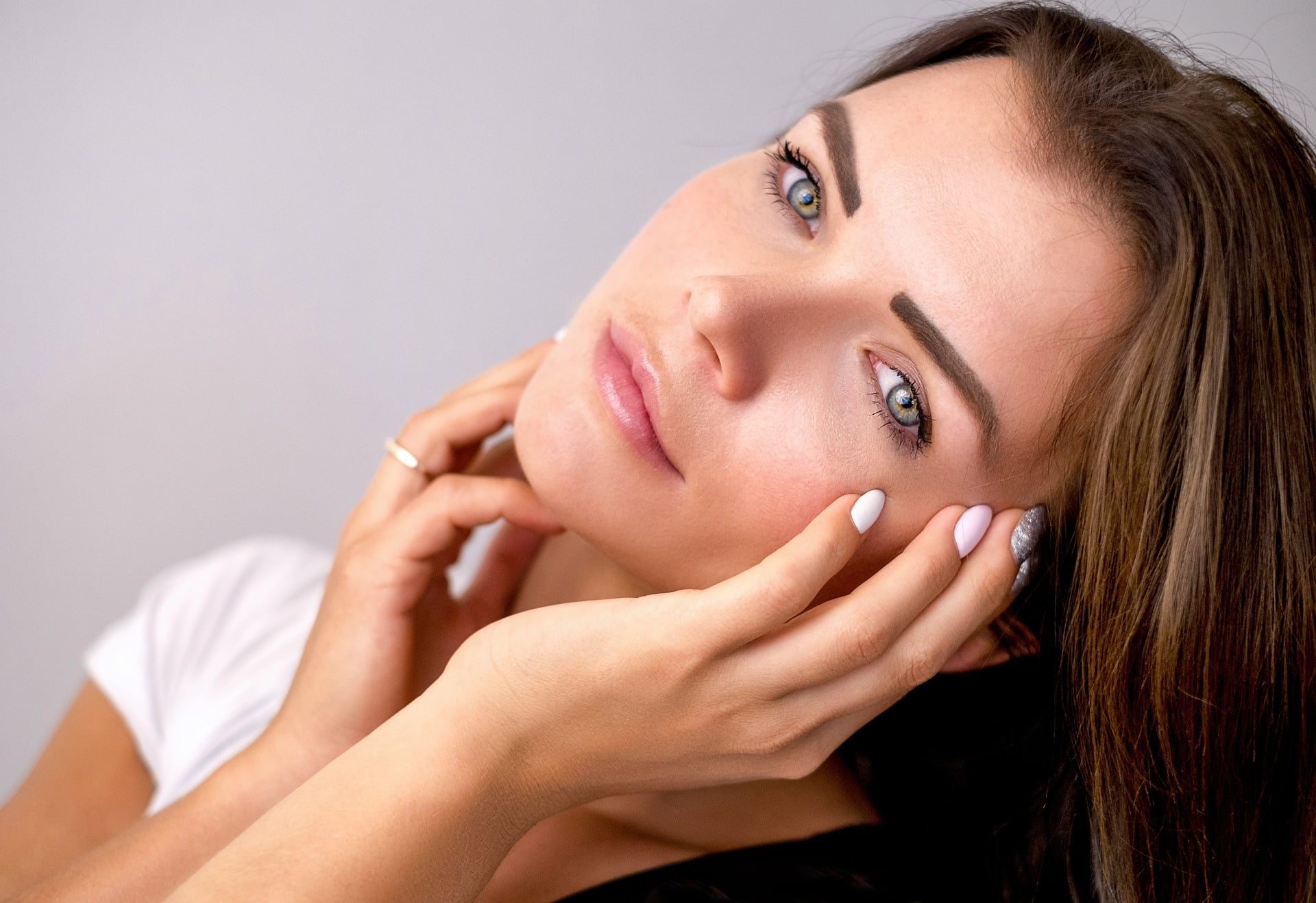
Premature skin ageing, how to combat it?
What is premature ageing?
When changes in the skin, such as the appearance of wrinkles, fine lines and blemishes, occur that do not correspond to a person's biological age (often after the age of 35), it is called premature ageing.
The skin's ageing process occurs as our biological age increases, and depends on genetics and race (called internal factors).
But the appearance and health of the skin is not always directly related to a person's age, as it can be altered by external factors, such as poor diet.
Causes of premature ageing
As we have said, the process of skin ageing is influenced by external and internal factors and their interactions, as well as the body's response to these factors.
External or environmental factors that affect the appearance and health of the skin can be divided into the following main categories:
- Solar radiation: ultraviolet radiation, visible light and infrared radiation.
- Atmospheric pollution.
- Tobacco smoke.
- nutrition
- lifestyle
- Beauty routine.
These external factors can cause the appearance of spots, flaccidity, wrinkles or expression lines at an early age.
The exposome and its effect on the skin
The term exposome describes the skin's interaction with the environment and the subsequent development of signs of ageing and unhealthy skin. That is, it is the accumulation of environmental influences (external factors) and the associated skin response, including environmental exposure, diet, behaviour and internal factors.
The exposome in skin ageing is mainly determined by UV radiation, air pollution, tobacco smoke, nutrition and cosmetic products.
Blue light and its effect on the skin
Today, in addition to the impact of all solar radiation and air pollution, our skin is exposed to so-called blue light.
Blue light has been shown to generate reactive oxygen species (ROS) and induce oxidative damage to the skin, similar to UV radiation. However, unlike UV radiation, blue light can penetrate deeper into the skin layers, induce cell dysfunction and damage DNA.
Blue light therefore accelerates photoageing and affects the integrity of the skin, decreasing the amount of carotenoids and elevating melanin precursors, leading to pigmentation changes, such as immediate and persistent darkening.
Blue light also has a negative effect on collagen and elastin, inhibiting their formation and accelerating their degradation. This occurs during direct exposure to blue light and UV radiation, or through downstream effects, including the ROS and free radicals that are generated.
How to prevent premature ageing?
The integrity and appearance of the skin can be maintained by taking into account four basic aspects:
- Cleansing, which ensures the removal of impurities and the preservation of the good condition of the skin pores.
- Exfoliation, which rejuvenates the skin by removing the outer layers of the stratum corneum, minimising fine lines.
- Sun protection, which is essential to protect against photo-ageing and enhance natural repair.
- Cosmetics, which not only protect against ageing, but can slow it down if the right products and quantities are applied.
Tips for preventing premature skin ageing
Some factors that you should take into account to take care of your skin and prevent the signs of premature ageing are:
- Protect your skin from the sun.
- Balanced diet. It is advisable to eat fruit and vegetables, which are rich in antioxidants.
- Avoid alcohol consumption and smoking, as they affect skin ageing.
- Exercise and an active lifestyle.
- Take care of facial expressions and wear sunglasses.
- Follow cleansing and moisturising routines adapted to your skin type.
- Take care of stress and dedicate time to your wellbeing.
- Monitor the quantity and quality of your sleep.
Anti-ageing cosmetics, what are they and what active ingredients should I look for?
The health and beauty of the skin is perceived as an indicator of overall well-being, which has led to a growing demand for increasingly advanced skin care products.
Cosmeceuticals refer to products that provide physiological benefits to the skin through pure chemicals or natural active ingredients. They are used in anti-ageing, barrier function improvement, anti-inflammatory, UV protection, pollution and moisturising.
Natural ingredients are the most recommended and currently trending. These ingredients should generally focus on four main areas:
- Firming: reinforcing the supporting structures in the skin, helping to attenuate wrinkles and fine lines. Ingredients such as hyaluronic acid and algae such as pelvetia are good examples of this activity.
- Pigmentation: improving the appearance of photo-aged and pigmented skin and reducing the appearance of new spots. White mulberry, niacinamide and vitamin C help to even out skin tone.
- Repair: energise facial skin by providing an anti-ageing effect on tired and ageing skin, reducing signs of stress and modulating cell growth. Witch hazel, proteoglycans and northern truffle are excellent choices for this property.
- Protection: protect the skin from oxidative damage and photo-ageing caused by environmental pollution, blue light or radiation emitted by electronic devices. White horehound, phytoplankton and cornflower water are natural antioxidants.









